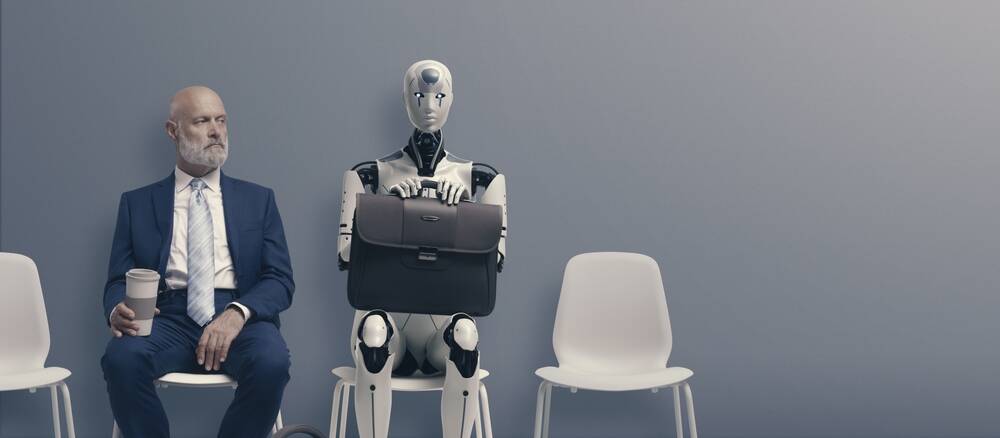
Canva now requires use of AI during developer job interviews
Australian SaaS-y graphic design service Canva now requires candidates for developer jobs to use AI coding assistants during the interview process.
Found in 2012, Canva started as a go-to web-based tool for DIY designers, then grew rapidly into a more serious competitor to Adobe in the enterprise. The company, which is still privately held, now reportedly serves more than 220 million monthly users and hit $3 billion in annual recurring revenue in 2024.
Canva’s hiring process previously included an interview focused on computer science fundamentals, during which it required candidates to write code using only their actual human brains.
The company now expects candidates for frontend, backend, and machine learning engineering roles to demonstrate skill with tools like Copilot, Cursor, and Claude during technical interviews, Canva head of platforms Simon Newton wrote in a Tuesday blog post.
AI tools are essential for staying productive and competitive in modern software development
His rationale for the change is that nearly half of Canva's frontend and backend engineers use AI coding assistants daily, that it's now expected behavior, and that the tools are "essential for staying productive and competitive in modern software development."
Yet Canva’s old interview process “asked candidates to solve coding problems without the very tools they'd use on the job,” Newton admitted. “This dismissal of AI tools during the interview process meant we weren't truly evaluating how candidates would perform in their actual role,” he added.
Candidates were already starting to use AI assistants during interview tasks - and sometimes used subterfuge to hide it.
“Rather than fighting this reality and trying to police AI usage, we made the decision to embrace transparency and work with this new reality,” Newton wrote. “This approach gives us a clearer signal about how they'll actually perform when they join our team.”
- Canva acquires Affinity, further wounding a regulator-bruised Adobe
- Font security 'still a Helvetica of a problem' says Australian graphics outfit Canva
- Canva creates $200M kitty to pay creators for stuff they feed its design-bot
- Cisco president says dredging coding syntax from wetware memory wastes engineers' expensive synapses
Canva’s existing engineers did not like the change.
“The initial reaction was worry that we were simply replacing rigorous computer science fundamentals with what one engineer called ‘vibe-coding sessions’,” Newton wrote.
Canva addressed those worries by pointing out that it will continue to test for basic computer science skills, just in different ways.
The company piloted a recruitment process that sees candidates expected to use their preferred AI tools, to solve what Newton described as “the kind of challenges that require genuine engineering judgment even with AI assistance.”
“These problems can't be solved with a single prompt; they require iterative thinking, requirement clarification, and good decision-making.”
That pilot tested candidates for the following skills:
- Understanding when and how to leverage AI effectively
- Ability to break down complex, ambiguous requirements
- Making sound technical decisions while using AI as a productivity multiplier
- Identifying and fixing issues in AI-generated code
- Ensuring AI-generated solutions meet production standards
Newton said successful candidates “didn't just prompt AI and accept whatever it generated” but instead demonstrated the ability to use coding assistants selectively to improve their output.
“Interestingly, candidates with minimal AI experience often struggled, not because they couldn't code, but because they lacked the judgment to guide AI effectively or identify when its suggestions were suboptimal,” Newton said.
“We believe the future belongs to engineers who can seamlessly blend human creativity and judgment with AI capabilities,” Newton added.
He rated the early tests of Canva’s new recruitment process “promising.”
“Our AI-assisted interviews feel more engaging for both candidates and interviewers, and they're providing strong predictive signals about candidate performance,” he wrote. “Most importantly, they're helping us identify engineers who can leverage AI thoughtfully and effectively. Exactly the kind of people we want building the future of visual communication.”
Which rather suggests experience with AI coding assistants has become an important developer skill, at least if you want a gig at Canva. ®
